
Scientists say we’ve all been using sunscreen wrong in new skin cancer warning
Most people do not apply enough sunscreen or wear adequate clothing when out in the sun for too long, according to a new study that warned that the product may be giving them “a false sense of security”. The research, published recently in the journal Cancers, sheds more light on the observation that melanoma and skin cancer rates are rising globally despite a rise in sunscreen usage – an oddity termed the “sunscreen paradox”. “The problem is that people use sunscreen as a ‘permission slip’ to tan. People think they are protected from skin cancer because they are using a product marketed to prevent a condition,” study co-author Ivan Litvinov from McGill University in Canada said. In the research, scientists found that Canadians living in provinces with incidence rates for melanoma – one of the most aggressive forms of skin cancer – were more likely to report using sun protection, more aware of the health risks of sun exposure, and more apt to follow the UV index. Overall, scientists assessed data from 22 focus groups encompassing 95 Atlantic Canada residents. The analysis found that despite reporting more awareness and intent for protection from the sun, people in these provinces received more sun exposure due to warmer temperatures and a tendency to engage in outdoor activities. In another assessment of people in the UK, they found contradicting evidence that sunscreen use was surprisingly linked to an over two-fold risk of developing skin cancer. “These combined findings suggest a sunscreen paradox, whereby individuals with higher levels of sun exposure also tend to use more but not an adequate quantity of sunscreen or other sun-protection measures, providing a false sense of security,” Dr Litvinov explained. Scientists call for new interventions, considering this sunscreen paradox, to address knowledge gaps in sun protection and skin cancer prevention. “Sunscreen is important, but it is also the least effective way to protect your skin when compared to sun protective clothing, rash guards, and sun avoidance. People can and should enjoy the outdoors, but without getting a sunburn or a suntan,” Dr Litvinov added. Read More If being without your phone fills you with dread, you could have nomophobia When do the clocks go back in the UK this year? Nursery places and wraparound childcare plans announced
2023-10-30 13:47

Idaho left early education up to families. One town set out to get universal preschool anyway
A one-stoplight farming community in conservative Idaho has embraced a goal that backers describe as progressive: universal preschool
2023-10-30 12:22
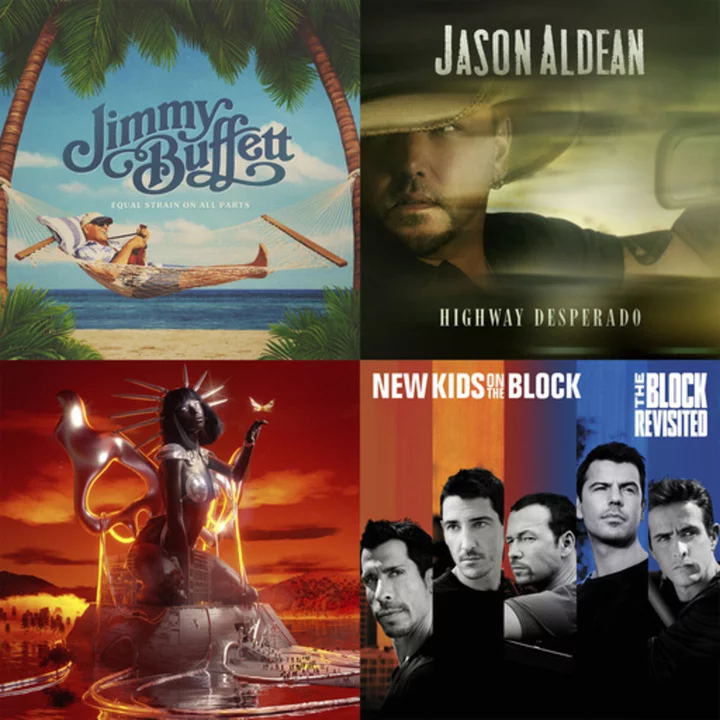
What to stream this week: Annette Bening, Jason Aldean, Awkwafina, NKOTB and 'Blue Eye Samurai'
This week’s new entertainment releases include a studio album from Jason Aldean and a posthumous release from Jimmy Buffett, a new Hulu series inspired from Charmaine Wilkerson’s novel “Black Cake” and Annette Bening portrays a real-life hero who swam the treacherous passage from Cuba to Key West in 2013
2023-10-30 12:16

Searching for the Perfect Gift? Amazon’s New Holiday Shopping Page Can Help You Find It
You can find the best gifts under $25 and more with The Holiday Shop, the new Amazon shopping page that's perfect for folks who hate stressing about what to give everyone come December.
2023-10-29 22:17
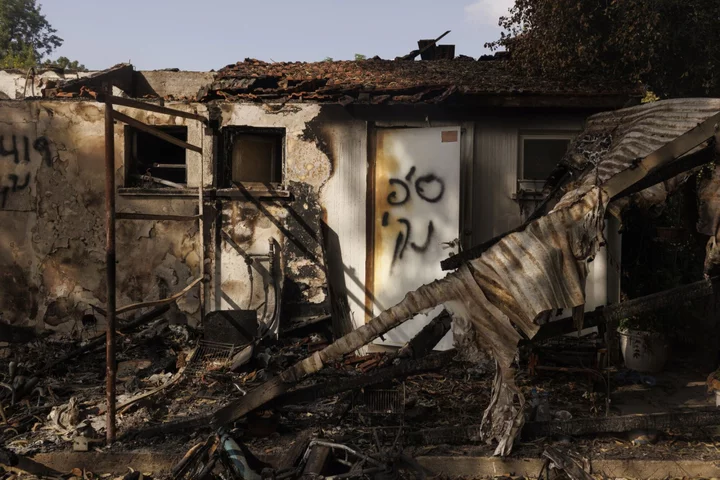
How This Israel-Hamas Conflict Is Like Nothing That’s Happened Before
The long history of the Israeli-Palestinian conflict is filled with bloodshed, dislocation and trauma. But even by those
2023-10-29 15:24
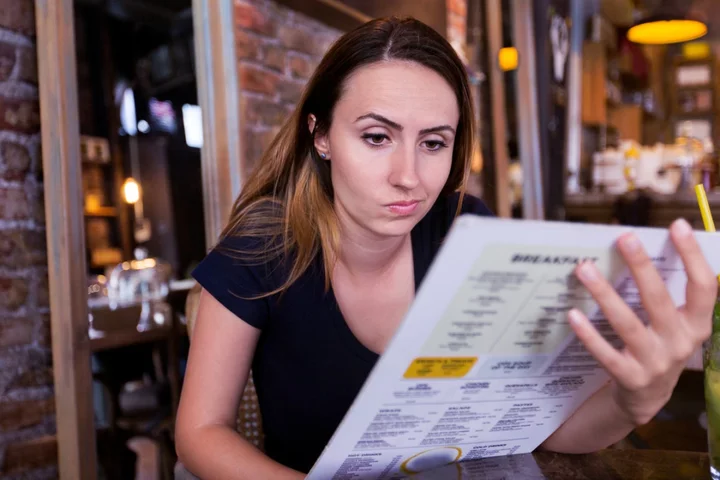
Restaurant menus are ruining eating out: ‘They’re supposed to seduce you, not humiliate you’
What does a “smacked cucumber” look like? What is a “rutabaga”? Why does a “spiny caldereta” sound so threatening? Is “blackened” just a fancy word for “burnt”? These are some of the many questions diners have to grapple with when they look at a menu in some restaurants these days. But Britons are a shy bunch who would rather curl up in a ball and disappear than actually have to utter these queries out loud to a waiter. I would know – my husband is one of 41 per cent of diners who would choose to google an unfamiliar menu term under the table instead of asking for clarification, according to recent research from reservation service Resy. Whenever me and my husband come across an obscure word on a menu, my suggestion of asking the waiting staff to explain is swiftly shot down by the appearance of his phone, followed by a muttered definition from a search engine. Navigating a menu has become harder in recent years. It’s not just the use of lesser-known techniques, nor the use of alternative words for common ingredients (a rutabaga is a turnip and a cep is a porcini or pennybun mushroom, by the way). With Covid came menus only available via QR code, a development that’s now the bane of eating out – some restaurants still use them. It means having to point our stupid camera phones at stupid, alien-looking squares and scroll through the menu in stupid silence, as if we need to be even more enslaved to our devices than we already are. And then, if menus do get printed, they’re impossible to see because restaurants insist on turning their lights down lower and lower. Or they print the text in smaller and smaller typeface, making it a struggle to read even with 20/20 vision – which I haven’t had since I was 10. I’ll never forget trying to read the menu at the ever-trendy Smoking Goat in Shoreditch in 2019, me and five of my companions sat squinting in the dark with our phone torches on. Going to a restaurant should be a relatively easy endeavour, an experience free of stress and embarrassment. But recent menu trends might be off-putting to the customer, says Gavin Rankin of the Mayfair-based French brasserie restaurant Bellamy’s. “Restaurant menus are supposed to seduce you, to persuade you,” he tells me. “There’s a tendency now to list vegetables or ingredients nobody’s ever heard of, but I don’t like it and people don’t like having to ask questions about what something is because it makes them feel foolish. Restaurants aren’t out to humiliate the diner.” Descriptors that give an idea of texture or flavour are important, but they don’t have to be complicated. It’s definitely possible to achieve a balance between having your menu be stylish and still informative Hugh Richard Wright, restaurant PR But could it be a good thing for menus to spark conversation between a diner and the restaurant? When I ask Rankin this, he blows a raspberry down the phone line, though not rudely – just in exasperation. “There’s something a bit… aggressive about it,” he says. “You can see on some menus they are deliberately choosing to list things that will force people to ask. Keep it simple, in my opinion. It’s different if you’re trying a really unfamiliar cuisine, but not when you go to an English or French restaurant. You should be able to look at a menu and be happy to eat 90 per cent of it with pleasure.” I’m someone who’s quite happy to have a chinwag with the waiter and ask questions about a menu. I also like it when a menu provides the opportunity to learn something new. But Rankin is right in pointing out that many diners don’t like asking questions at all, and menus shouldn’t force a diner into having to enquire about every single item. Hugh Richard Wright, leading restaurant PR and man-about-town with years of eating and consulting experience under his belt, says restaurants need to be mindful of striking the right balance with their menus. “A menu is more than just a list of dishes,” he says. “It should tempt you and excite you, so the descriptions should be tantalising. A menu that makes you want to have a conversation with your server is nice but it’s a balance. You don’t want to have everything explained to you and to go through every dish asking, ‘What’s this, what’s that’. That’s what a lot of places get wrong.” He adds that a menu should give the diner a “realistic impression of what you’re getting on your plate” – a reasonable enough expectation that some restaurants have foregone in favour of just listing ingredients. “For example, ‘pork, leek, kumquat’. It should describe how the pork is cooked. Is it pulled pork? Or roasted? Descriptors that give an idea of texture or flavour are important, but they don’t have to be complicated. It’s definitely possible to achieve a balance between having your menu be stylish and still informative.” David Paw, international editor at Resy, advises that we shouldn’t be put off by a sparse menu. “It may be deliberate,” he says. “The restaurant is setting up the chance for a guest and the front of house staff to engage in a dialogue. I lean into these moments as opportunities to have a chat about ingredients, techniques, and the kitchen’s creative process. I’d encourage diners to always try to ask for more information. Even frequent diners are always learning and expanding their food vocabulary.” It comes down to what kind of experience we’re looking for when we dine out. For some, like Paw and myself, it’s fun and exciting to come across new things on a menu. But for many, given that eating out nowadays is much more of a pricey indulgence than it used to be, relaxation is key, not being challenged. This isn’t to say that every single restaurant should acquiesce to simplicity, but it would be no small potatoes to consider ways to make a diner feel less like they need a thesaurus before sitting down. It doesn’t diminish a fine restaurant to make its menu more accessible – instead, it would make it so much more appealing, bringing incredible food to the many instead of the few. That said, we go to restaurants to eat food we wouldn’t normally cook ourselves, and often food that we’re not familiar with. There is so much joy to be had in allowing new flavours and textures to colour your palate, and the culinary world has never been more creative or diverse than it is right now. So in a time where suspicion of anything unfamiliar is rife, perhaps it would do us all some good to try something new on our plates. Next time you’re stuck, ask your waiter for assistance. I promise they won’t bite. Read More Best burgers in London: Where to eat top patties in the city Why ‘chain’ restaurant shouldn’t be a dirty word Three ramen recipes to change your life Best burgers in London: Where to eat top patties in the city Why ‘chain’ restaurant shouldn’t be a dirty word Three ramen recipes to change your life
2023-10-29 14:52
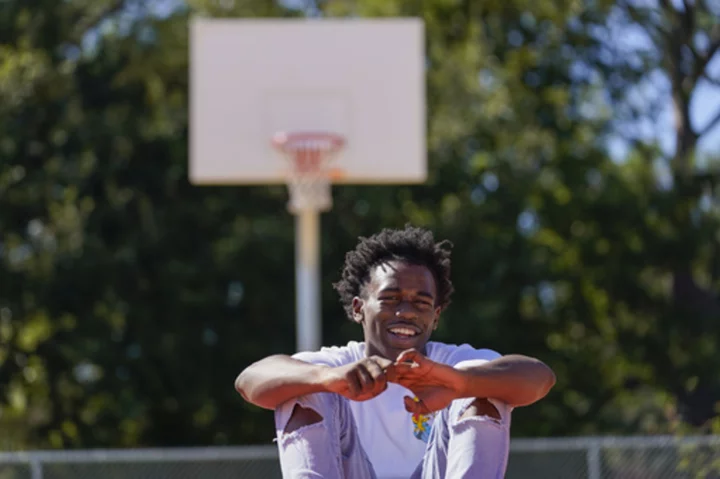
Boys graduate high school at lower rates than girls, with lifelong consequences
Girls consistently are outperforming boys, graduating at higher rates at public high schools around the country
2023-10-29 12:25

Anchorage's oldest building, a Russian Orthodox church, gets new life in restoration project
A refurbishing effort will breathe new life into Anchorage’s oldest standing building, a simple Russian Orthodox log church dating from the era of Russia’s colonization of Alaska
2023-10-29 12:17
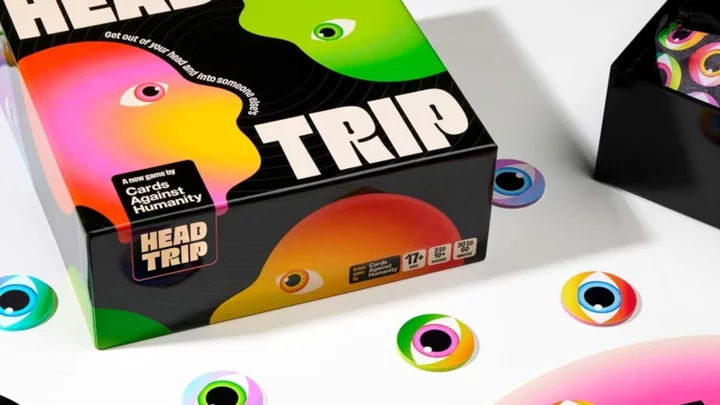
Cards Against Humanity Just Released Its First New Party Game in Over a Decade
'Head Trip' promises to be just as weird and raunchy as the original.
2023-10-28 22:27
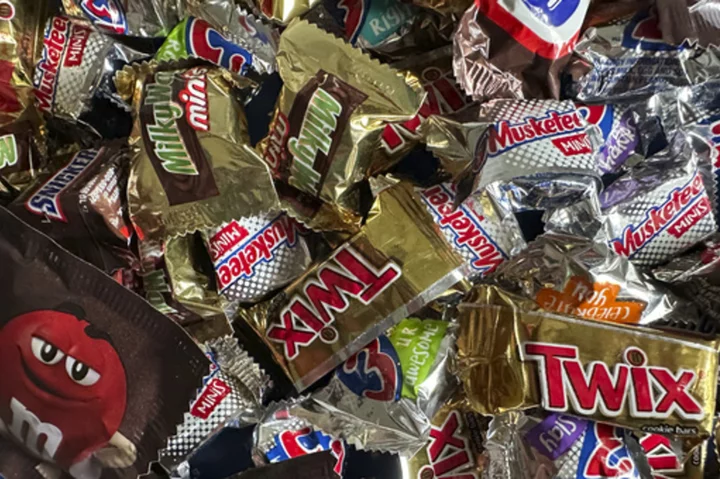
Less boo for your buck: For the second Halloween in a row, US candy inflation hits double digits
For the second year in a row, U.S. shoppers are seeing double-digit inflation in the candy aisle
2023-10-28 21:25

Vaunted House: The Most Expensive Home for Sale in Each State
If you've got $250 million, Bel Air has the home for you.
2023-10-28 20:23

Winner of albinism pageant says Zimbabwe event made her feel beautiful and provided sense of purpose
A beauty pageant held this month in Zimbabwe is seen by its contestants and organizer as a way to push back against prejudice and promote understanding of people living with albinism
2023-10-28 14:17
